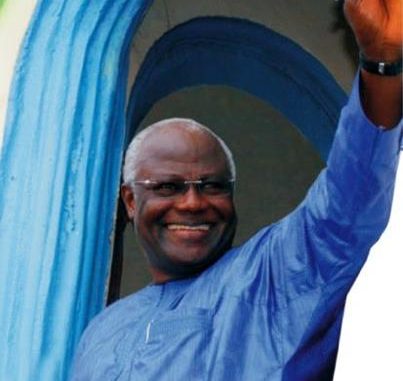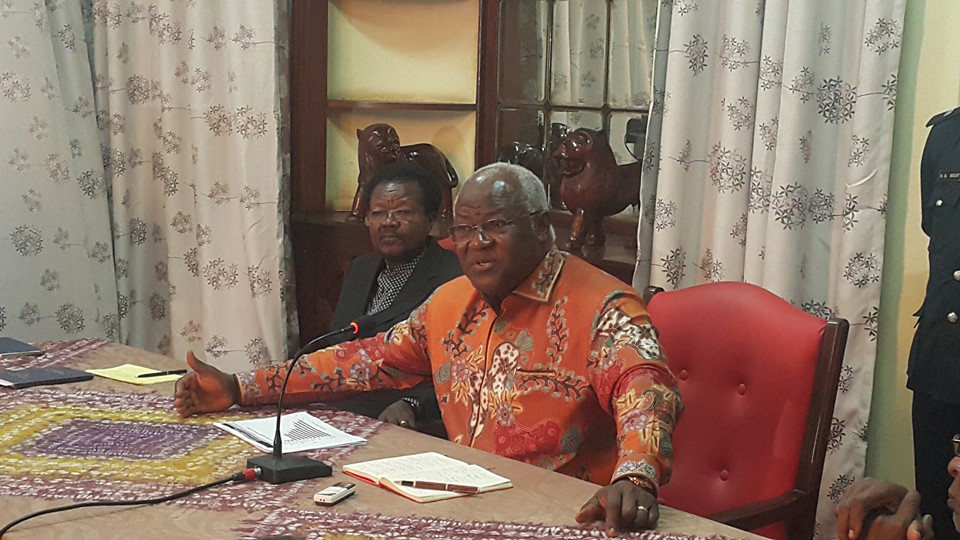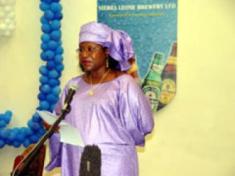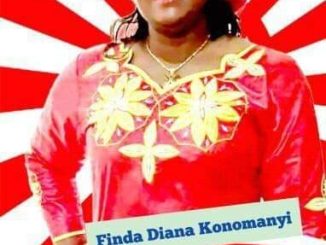
The President of Sierra Leone, Dr. Ernest Bai Koroma has told the NEWSWEEK Magazine measures his government has put in place to ensure a safe and sound nation. Here is the NEWSWEEK report :
Dr Ernest Bai Koroma President of Sierra Leone was elected President of Sierra Leone in 2007 and won a second term in November 2012. In a recent interview, he talked about his priorities, progress to date, plans for future growth, and perceptions.
Q: This July, you presented the national post-Ebola recovery plan that focuses on four sectors and the economy. What plans do you have for each of these?
A: We have started implementing the programme, prioritising the areas that were hardest hit. We are ensuring that hospitals and primary care facilities are safe and that children and mothers receive free essential healthcare. TB, HIV, and malaria patients are returning to long-term treatment. Ebola survivors receive free care and support. We are ensuring kids go back to school in a safe, active learning environment. We are providing infection prevention and control monitoring, waiving fees, and [offering] school meals. In social protection, we are delivering €37 million in income support to 150,000 households and increasing anti-poverty initiatives. At the same time, we are building capacity to provide long-term welfare support. To boost the private sector, we are providing farmers with seeds, increasing access to finance, and catalysing infrastructure investments.
Q: How much progress has the country made since 2007?
A: Revenue collection increased from 8.9% of GDP to more than 14% before the Ebola outbreak. Expenditure increased from €53 million in 2008 to €112 million in 2013. The economy followed a strong growth path, accelerating from double-digit growth of 15.2% in 2012 to 20% in 2013, and was projected to grow by 11.3% in 2014. Exports were expected to increase substantially in 2014. With strong supervision by the Bank of Sierra Leone, the banking sector remained safe, sound, and stable.
Q: What steps has your government taken to incentivise investment?
A: The private sector remains the most viable engine of economic growth. We have continued to reform [and] removed many of the barriers to register and run a business. The creation of a ‘one-stop shop’ at the Registrer General’s office means you can register a company within 48hrs. Our anti-graft measures are also becoming more robust. Our ‘Doing Business’ ranking continues to improve. The National Revenue Authority, together with the Ministry of Finance, has developed a Finance Bill and Revenue Administration Bill for 2015 with the aim of improving efficiency, simplicity, consistency, and transparency of the tax system.
Q: What challenges does Sierra Leone face in changing perceptions?
A: I think the major challenges are misinformation and the fear factor. The good news is that we have defeated the virus and have learned to deal with it in case of re-emergence. My message to the international business community is that Sierra Leone is safe, the regulatory and legal framework and other reforms have ensured continuous improvements. Our goal is to become a middle-income country by 2035 and we would welcome partners that share in that vision.




